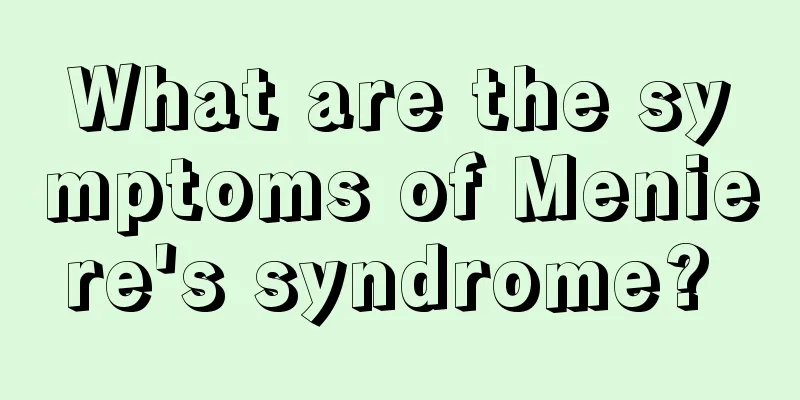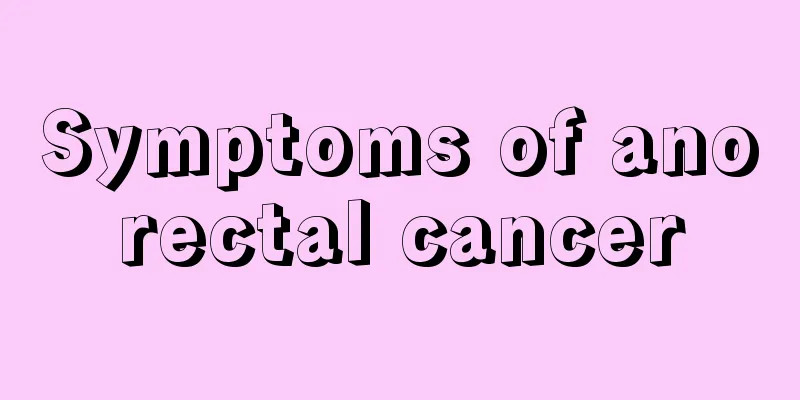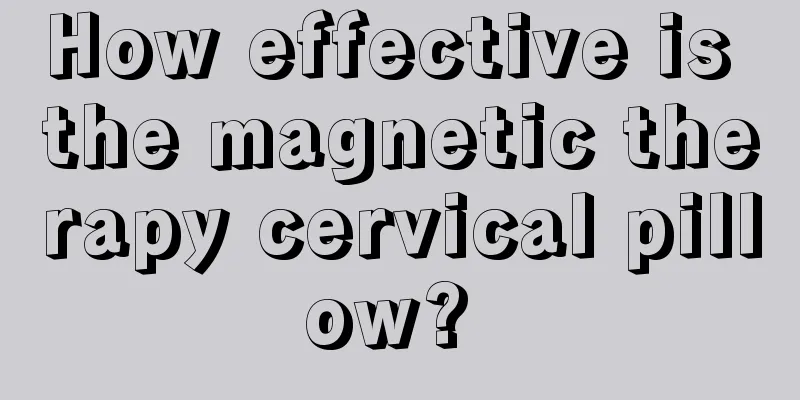Is capsaicin harmful to the body?

|
Chili pepper is a very common food in daily life. Chili pepper is a warm food and a spicy and irritating food. Chili pepper is rich in capsaicin. Long-term consumption can cause certain harm to the body. Capsaicin can easily cause stomach diseases, stimulate the heart, speed up blood circulation in the heart area, and cause heart disease. The dangers of capsaicin 1. People with poor heart The capsaicin in chili peppers can increase circulating blood volume, speed up the heartbeat, and induce tachycardia. Therefore, patients with cardiovascular and cerebrovascular diseases should eat less chili, otherwise it will hinder the improvement of their condition. 2. People with poor kidney function Capsaicin is excreted through the kidneys and has a certain stimulating effect on the kidneys. If people with poor kidneys often eat spicy food, it will increase the burden on the kidneys. 3. People with excessive gastric acid Capsaicin can cause increased gastric acid secretion, which can cause the gallbladder to contract, leading to spasm of the sphincter at the bile duct opening, making it difficult for bile to be discharged, thereby inducing cholecystitis, biliary colic and pancreatitis. 4. People with constipation Capsaicin is an irritant and can aggravate constipation symptoms. Hemorrhoid patients may also experience congestion and edema of the hemorrhoidal veins after eating, which may worsen the disease and induce anal abscesses. 5. People with oral ulcers Chili peppers are very irritating and not only cause pain, but also irritate the ulcer surface, causing it to further expand and become difficult to heal. 6. Patients with eye diseases If people with keratitis, conjunctivitis and other problems eat chili peppers, they may experience uncomfortable symptoms such as swollen eyelids, hot eyes and even increased intraocular pressure. 7. Hyperthyroidism patients Hyperthyroidism patients already have a very fast heart rate. After eating chili peppers, their heart rate will be even faster and the symptoms will be more obvious. 8. People with poor stomach If people with chronic gastritis, gastric ulcers, and esophagitis often eat spicy food, capsaicin will stimulate mucosal congestion and edema, accelerate gastrointestinal motility, and cause symptoms such as diarrhea and abdominal pain, and will also affect digestive function. 9. Those who are taking medication Not only will chili peppers counteract the effectiveness of certain medications, they may also make your condition worse. People who are taking the following types of medicines should eat less chili peppers: |
<<: What are the effects and functions of olive tea? What is the value to the human body
>>: How long can meat stay fresh in the refrigerator?
Recommend
Both cheeks are numb
There are many blood vessels and nerves on the fa...
What does induced labor mean?
Women who have undergone induced abortion should ...
Is it good to eat apples on an empty stomach in the morning? Will it cause harm?
Although bananas are not allowed to be eaten on a...
Biochemical glucose is high
Glucose is an indispensable raw material in our b...
Methods for reducing alcohol content in liquor
The alcohol content of liquor is generally quite ...
What are the dangers of bladder cancer in middle age
What are the dangers of bladder cancer? This arti...
How to deal with too many dreams
Dreaming too much is not a good thing, because dr...
How long does it take for the wound to heal after a complete bladder cancer surgery
How long does it take for the wound to heal after...
What are the symptoms of cervical cancer? What are the treatments for cervical cancer
Although the incidence of cervical cancer is very...
How to make lip glaze
Nowadays, lipstick is a very common cosmetic prod...
Is drinking Pueraria water before drinking useful for sobering up?
Pueraria root is the root of the wild legume plan...
How to self-diagnose sagging eyelids
Many people actually don’t know whether they have...
High-sensitivity troponin
Troponin is a regulatory protein composed of thre...
Tips for slimming your legs before going to bed
All beauties want to have a pair of beautiful, we...
Timely treatment of early symptoms of colorectal cancer can prevent it from developing into the late stage
If colorectal cancer patients can detect the earl...









